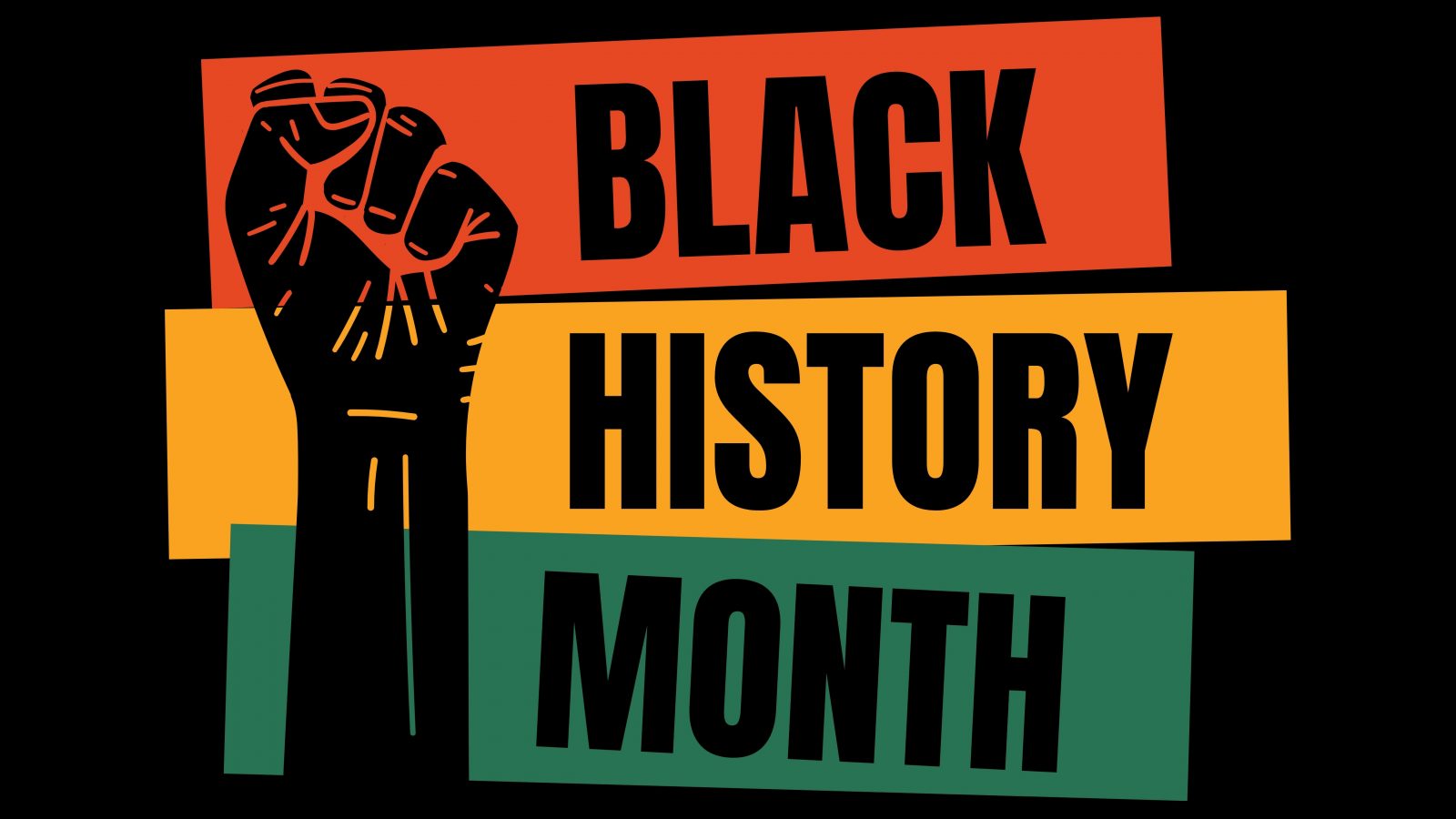Black History Month is an annual observance that takes place during the month of February in the United States, Canada, and some other countries. It is a time to recognize, honor, and celebrate the achievements and contributions of African Americans throughout history.
Black History Month was originally started as a week-long celebration by historian Carter G. Woodson in 1926, who chose the second week of February to coincide with the birthdays of Abraham Lincoln and Frederick Douglass. The week became known as “Negro History Week” and was intended to raise awareness about the important role that African Americans have played in the history of the United States.
In 1976, the celebration was expanded to a month-long event and renamed “Black History Month” by President Gerald Ford. The month of February was chosen to honor the birthdays of both Lincoln and Douglass, as well as to coincide with other significant dates in African American history, such as the birth of the civil rights activist and leader W.E.B. Du Bois.
Black History Month is important because it provides an opportunity to recognize and celebrate the rich and diverse contributions that African Americans have made to society. It helps to educate people about the struggles, accomplishments, and cultural heritage of African Americans, as well as to inspire future generations to continue working towards equality and justice for all.










